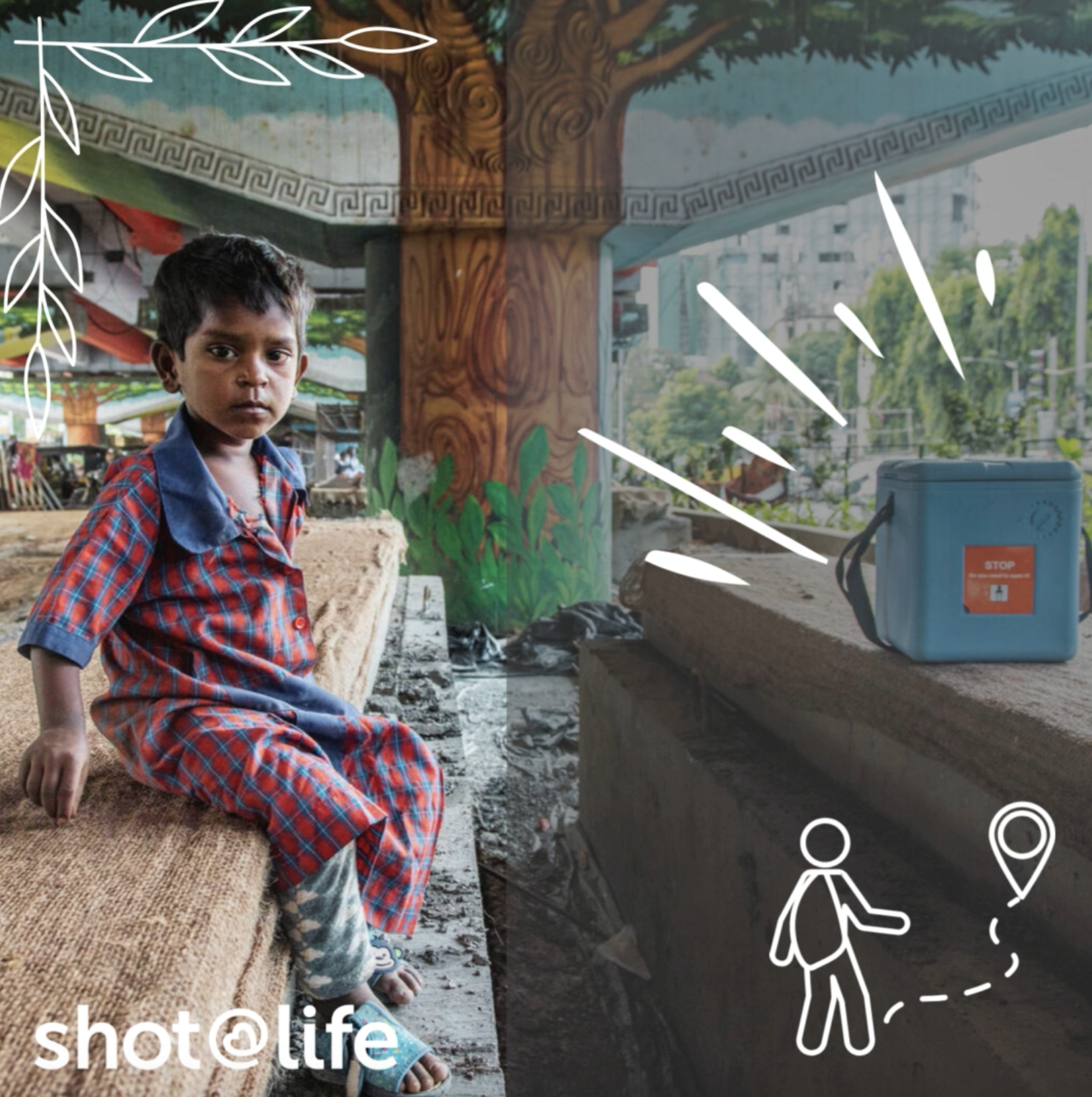Addressing Measles Outbreaks Amidst COVID-19 Recovery
With a decline in measles vaccination rates in the aftermath of the pandemic, the Measles & Rubella Partnership implements new strategies to boost childhood immunization.

After recent declines in measles vaccination distribution amidst outbreaks in 37 countries in 2022, measles continues to pose a threat to people across the globe. The CDC and World Health Organization recently published a report detailing the rise in measles cases from 7.8 million in 2021 to nearly 9 million in 2022, with deaths having increased from 95,000 to 136,000 in the span of a year — most of them children.
Measles is a preventable disease with the administration of two doses of the necessary vaccine. However, in 2022, more than 33 million children went without a vaccination dose. The estimated global vaccination rate for both doses of the measles vaccines is at 74%, far below the necessary 95% coverage of two doses needed to prevent outbreaks.
Low-income countries are at highest risk for measles outbreak given they hold the lowest vaccination rates, which continue to decline during pandemic recovery. Over half of the 22 million children who missed the first dose of measles vaccine live in 10 countries with high poverty rates: Angola, Brazil, Democratic Republic of Congo, Ethiopia, India, Indonesia, Madagascar, Nigeria, Pakistan and the Philippines. The uneven recovery in these countries following Covid-19 poses a significant threat to unprotected communities, furthering vaccination inequity in regions at high risk for measles outbreaks.
“Measles cases anywhere pose a risk to all countries and communities where people are under-vaccinated,” John Vertefeuille, director of the CDC’s Global Immunization Division, said. “Urgent, targeted efforts are critical to prevent measles disease and deaths.”

The report was authored by the Measles and Rubella Partnership, one of the initiatives co-founded by the CDC and WHO to develop strategic plans to combat measles outbreaks. The partnership has worked with nations to implement routine immunization programs, preventing 57 million measles deaths among children since 2001. The partnership’s current framework encompasses comprehensive surveillance and data-analysis to strengthen national responses to outbreaks. In working to address immunity gaps caused by climate change, conflict, and poverty, the program strives to completely eradicate measles amongst children.
Recently, the MRP implemented the Measles and Rubella Strategic Framework 2021-2030 to guide the foundation of regional strategies to promote increased access to healthcare and vaccination services. The MRSF 2021-2030 used feedback from various achievements and shortcomings in the fight against measles over the past 10 years, improving upon national developments and structural integrity to align with the Immunization Agenda 2030.
The MRSF 2021-2030 intends to broaden the approach to addressing measles immunization by moving towards efficient plans tailored to local problems, including increasing catch-up vaccination approaches. With use of the life course approach, WHO intends to prioritize the implementation of the second dose of measles vaccine by requiring catch-up vaccination for those who have missed their second dose. The initiative focuses on school-aged and adolescent children to fill the immunity gaps, stressing the importance of receiving vaccinations at an earlier age to reduce the frequency of measles deaths amongst children. Current revision of individual country’s health policies to integrate required childhood vaccination programs such as day care and school vaccination checks will work towards the common goal of increasing the number of vaccinated children for protection against measles.
With the declines in measles vaccination administration, we must continue to fund and support campaigns addressing immunization inequity to prevent outbreaks and ensure permanent eradication of measles.

